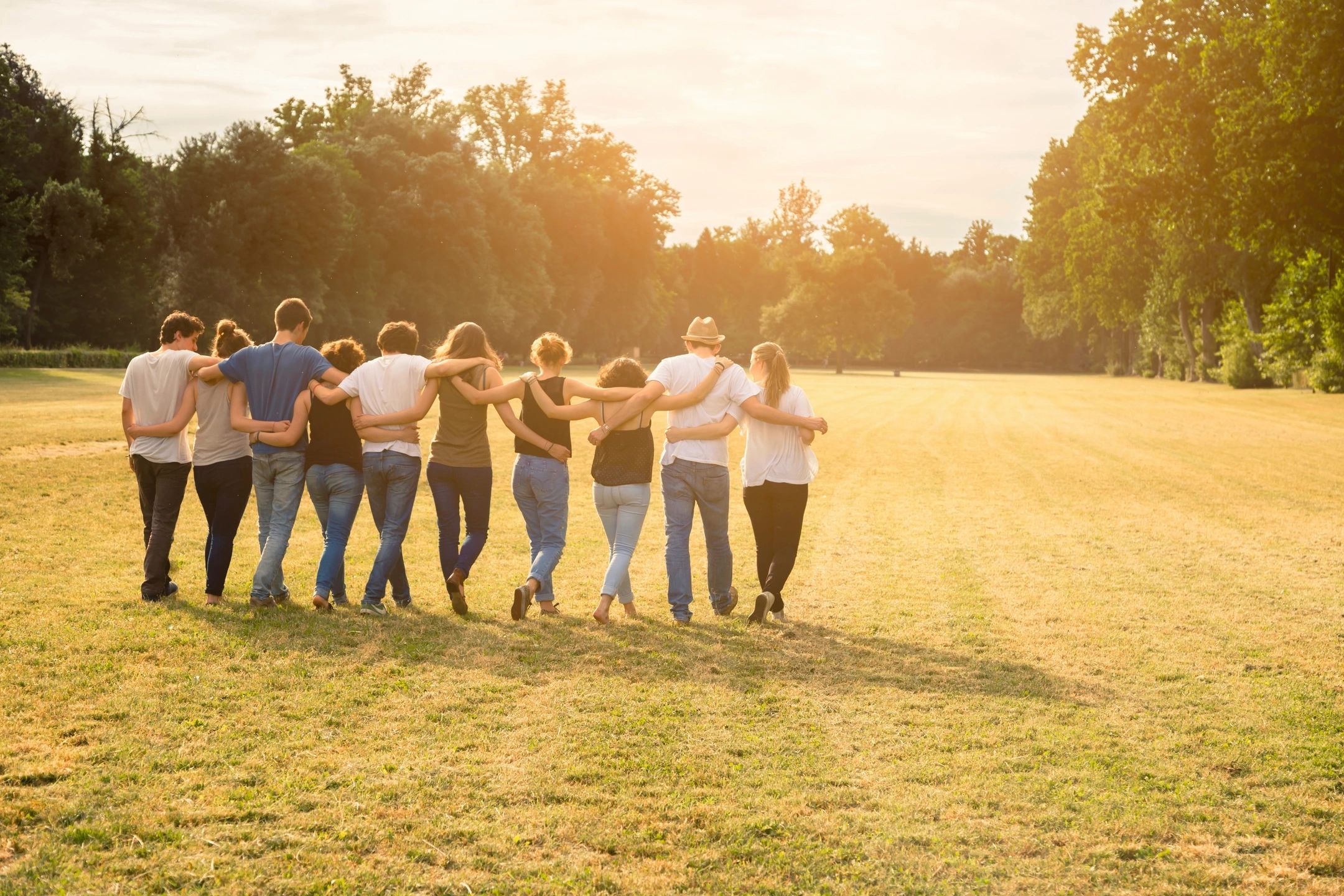The Democratic and Republican parties trade columns on Wednesdays and Fridays. The purpose of these dialogues is to elucidate positions and, if one is lucky, lampoon the foibles of our opponents. The issues are important. Lives and livelihoods are at stake. Politics is the outward manifestation of the process that determines our collective values and shapes the direction we take as a people. Sometimes, however, it is helpful to reframe this conversation by considering a more personal experience.
At about 2:35 last Thursday morning, I was awakened by a ringing doorbell and loud knocking. Struggling to break into my awareness, my neighbor called, “My house is on fire and my mom is trapped inside.”
We called 911. Police and fire units quickly arrived. We evacuated to a neighbor’s home. She provided shelter and something to drink. The fire was extinguished. I returned home. The residents of the burned house went to the hospital to be with their mom. She died. We mourn.
Once the excitement and danger passed, I thanked the lady for her kindness. She responded, “We are neighbors, we are family.”
These six words are simple, yet profound.
We live in what increasingly feels like a burning house. Conservatives and progressives express this sensibility, although in different ways. In a crisis, what matters is that people are safe. No one asks whether the resident of a burning building is male or female, gay or straight, Democrat or Republican, rich or poor. We ask: “Are you OK?” “Do you need anything?” “Can I help?”
These are the essential questions. When we fail to inquire and then act upon the welfare of others, we lose a part of what makes us a neighbor.
As neighbors and family, we occupy one community, one nation, one world. The vision we have of this shared space defines our worldview and thus our politics. Do we seek to exclude others in fear or find ways to be inclusive? Are we only a collection of individuals who “pull ourselves up by our bootstraps”? Or are we in some way responsible for others? Meditating on what it means to be a “neighbor” and “family” can change the world.
A fire on a block of houses may spread. It was through the collective and focused action of others that this possibility was prevented. A tragedy strips away the nonessential — a woman died and two young men are homeless.
Fortunately, life is not always so dramatic. When people lose their jobs, fall ill or become homeless, this too is a tragedy, even though it goes unnoticed. Just as we need first responders, we need teachers, nurses, social workers, concerned citizens and friends to respond with hope, creativity and initiative.
Our challenge: to build up, not burn down. We are not in this world alone. “We are neighbors, we are family” applies to everyone. To live otherwise is unthinkable.
Todd DeVries is the state committeeman for the Bonneville County Democratic Central Committee.

